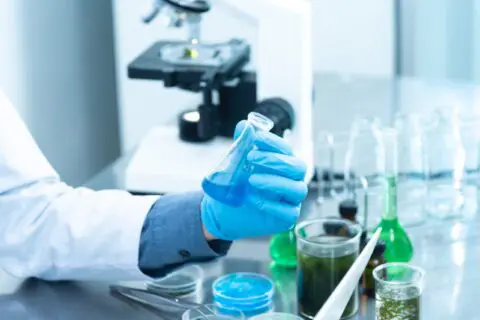Gonorrhea and chlamydia are common sexually transmitted infections (STIs) that can often occur together. Despite being caused by different bacteria, their symptoms are quite similar, making it crucial to get tested if you suspect an infection. Understanding the testing process can help you take the necessary steps for your health and peace of mind.
What Are the Symptoms of Gonorrhea and Chlamydia?
Here are the main differences between gonorrhea and chlamydia, specifically their symptoms.
Symptoms of Gonorrhea:
- Burning pain with urination
- White, yellow, or greenish penile discharge
- Increased vaginal discharge
- Bleeding between periods
- Anal itching, soreness, or painful bowel movements
- Rectal bleeding
- Tender testicles
- Lower abdominal pain
Symptoms of Chlamydia:
- Painful urination
- Painful sex
- Lower abdominal pain
- Yellowish vaginal discharge with odor
- Bleeding between periods
- Watery or whitish penile discharge
- Swollen or tender testicles
How Are Gonorrhea and Chlamydia Tested?
Although blood and swab tests are available, urine tests are usually preferred for detecting both diseases due to their ease. Generally, these two tests are combined into one lab order, and patients provide a urine sample in a specimen cup. Labs can detect Neisseria gonorrhoeae, the bacteria causing gonorrhea, in two ways:
- Nucleic Acid Amplification Test (NAAT): Finds molecules unique to the bacterial species within a few days.
- Bacterial Culture: Grows a bacterial culture to identify N. gonorrhoeae.
The same urine specimen can be used to look for Chlamydia trachomatis bacteria using nucleic acid amplification tests.
How Can I Get Tested for Chlamydia and Gonorrhea?
Getting timely appointments with doctors can be challenging. Here are some options:
- Public Health Clinic: Visit your local public health clinic for an appointment or walk-in service.
- QuickMD: Order your own chlamydia/gonorrhea test through QuickMD without a doctor’s appointment. The specimen can be collected at any LabCorp location, and a QuickMD physician will contact you with the results.
Get Professional Advice with QuickMD
For convenient and confidential STI testing, QuickMD’s telemedicine services are here to help. Consult with a QuickMD provider today to ensure you are tested and treated promptly.
Need STI testing? Visit QuickMD today to schedule your telemedicine appointment and get expert guidance on testing and treatment for gonorrhea and chlamydia.




